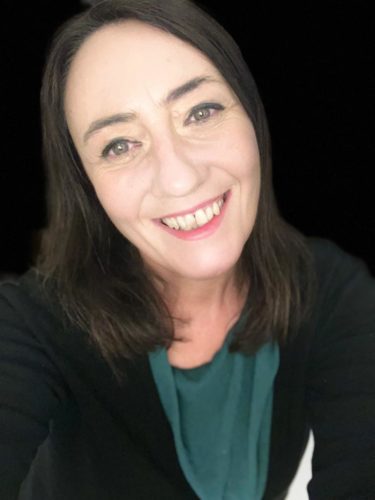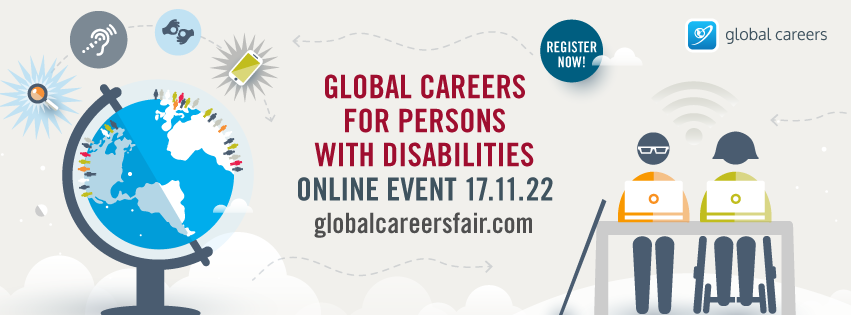This website uses cookies so that we can provide you with the best user experience possible. Cookie information is stored in your browser and performs functions such as recognising you when you return to our website and helping our team to understand which sections of the website you find most interesting and useful.
The United Nations: Where disabilities can become strengths
 “My disability is a visual impairment,” says Antonella Elizabeth Basilone. “My job mostly involves using computers, and my work laptop has all the features I need to perform to my fullest extent. Far from viewing my disability as a drawback, I believe it has helped me to understand the obstacles and challenges that refugees – particularly those with disabilities – can face.”
“My disability is a visual impairment,” says Antonella Elizabeth Basilone. “My job mostly involves using computers, and my work laptop has all the features I need to perform to my fullest extent. Far from viewing my disability as a drawback, I believe it has helped me to understand the obstacles and challenges that refugees – particularly those with disabilities – can face.”
Those obstacles and challenges are central to Ms. Basilone’s work with the United Nations High Commissioner for Refugees (UNHCR). Having joined UNHCR after working as a lawyer focusing on migration and refugee legislation, she initially operated in the field, monitoring reception conditions and access to the asylum procedure for persons arriving via sea through the Central Mediterranean route. Her career with UNHCR has developed significantly and she now deals with Refugee Status Determination and evolves and implements the asylum procedure.
Ms. Basilone is quick to assure people thinking of getting involved in UNHCR’s vital work that they should not regard a disability as an obstacle: “If you are thinking of joining, my advice is to make full disclosure of any visible or hidden disabilities as they will go the extra mile to help you succeed. We have a dedicated Disability Inclusion Strategy Resource Group that is made up of colleagues with disabilities and caregivers for persons with disabilities, which operates to promote understanding of disability-related issues including barriers, challenges, and opportunities across the organisation.”
In conclusion, she notes that her message is a very positive one: “What may appear to be limitations can actually become strengths, empowering ourselves and the persons we serve.”

